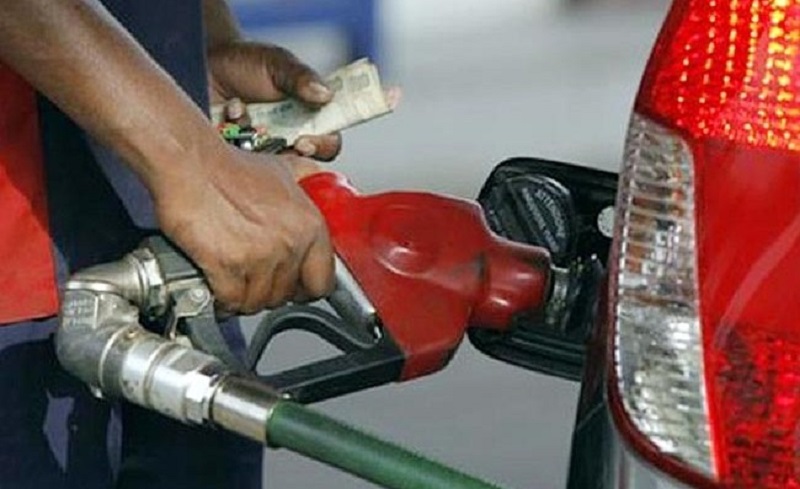Reports emerged that the Nigerian Government may suspend plans to discontinue its subsidy payments as reports indicate that the FG plans to spend N720 billion for the next 6 months on petroleum subsidies.
A government source disclosed that “specifically, President Buhari has asked the Nigeria National Petroleum Corporation (NNPC) to suspend any idea on subsidy removal for five to six months so that a plan that does not harm ordinary Nigerians is evolved if the deregulation must go on.”
The news of subsidy extension may come as a surprise after Mele Kyari, Group Managing Director, NNPC just last month hinted that the Federal Government spends N120 billion a month on subsidies and may increase fuel pump price to between N211 – N238/litre soon to reflect market prices, as the NNPC may no longer carry the burden of the actual market price.
READ: FG to save N1 trillion annually from petrol subsidy removal
Also, in January 2021, the federal government insisted that it will go ahead with its policy on the removal of subsidy on petrol and electricity, with no provision made in the 2021 budget for their subsidy.
“We are not bringing back fuel subsidy. We didn’t make provision for fuel subsidy in the budget. The impact of what was done was reducing some of the cost components that were within the template. And also related to it, on matters of electricity subsidies, no provisions have been made for subsidy for fuel and no provisions have been made for subsidy for electricity,” Finance Minister, Zainab Ahmed disclosed.
Why then is the Federal Government extending something it has clearly stated to be a burden on its finances, even to the point of making no provision for it in the National Budget? David Hundeyin, Award-winning journalist and BusinessDay columnists says the deal to extend subsidy has setback any discussion on the deregulation of the sector.
READ: It is better to privatise a functioning refinery than a non-functioning one – Minister
On consequences of subsidy extension
“It has effectively postponed any talk of deregulation for at least another 6 months, which means the current hideous arrangement which distorts the market for the benefit of a tiny few will persist for at least that long,” Hundeyin said.
What the government needs to put in place before subsidy removal
The major reason subsidy removal is a touchy topic is the simple fact that Nigerians cannot afford the hike in PMS price that would accompany subsidy removal. Needless to say, that another hike in the price of PMS would further drive up food inflation rate (which is currently over 20%). When other consequences such as increased cost of transportation and increased cost of powering small businesses are considered in the light of prevailing economic realities, the hardship that a hike would inflict on ordinary Nigerians is not hard to imagine.
READ: Nigeria – the state that refuses to fail
Removing fuel subsidy would require a long-term play of communication and serious policy direction which focuses mainly on increasing GDP per capita of citizens to handle the inevitable subsidy removal. Hundeyin also stresses the need for a clear communication strategy between the government and the masses.
“The most important thing is a clear communication strategy to educate Nigerians about the true state of their public finances and rid them of the notion that the fact of being an oil-producing country entitles Nigerians to cheap or subsidized fuel. Of course, this will require political will which currently is not there, so this is unlikely to happen,” he says.
READ: FG to distribute 10 million LPG gas cylinders in 1 year
Bottomline
The fuel subsidy removal extension has clearly disrupted months of expected fuel deregulation, especially since the NNPC had made it clear that it cannot afford to continue paying subsidy. However, removing fuel subsidy at a period of rising food inflation and unemployment would have proved a serious political and economic faux pax as most Nigerians are barely getting by.
The FG needs to do more in the areas of communication, creating and implementing economic policies that drive productivity and wealth creation with the ultimate aim of improving GDP per capita.











